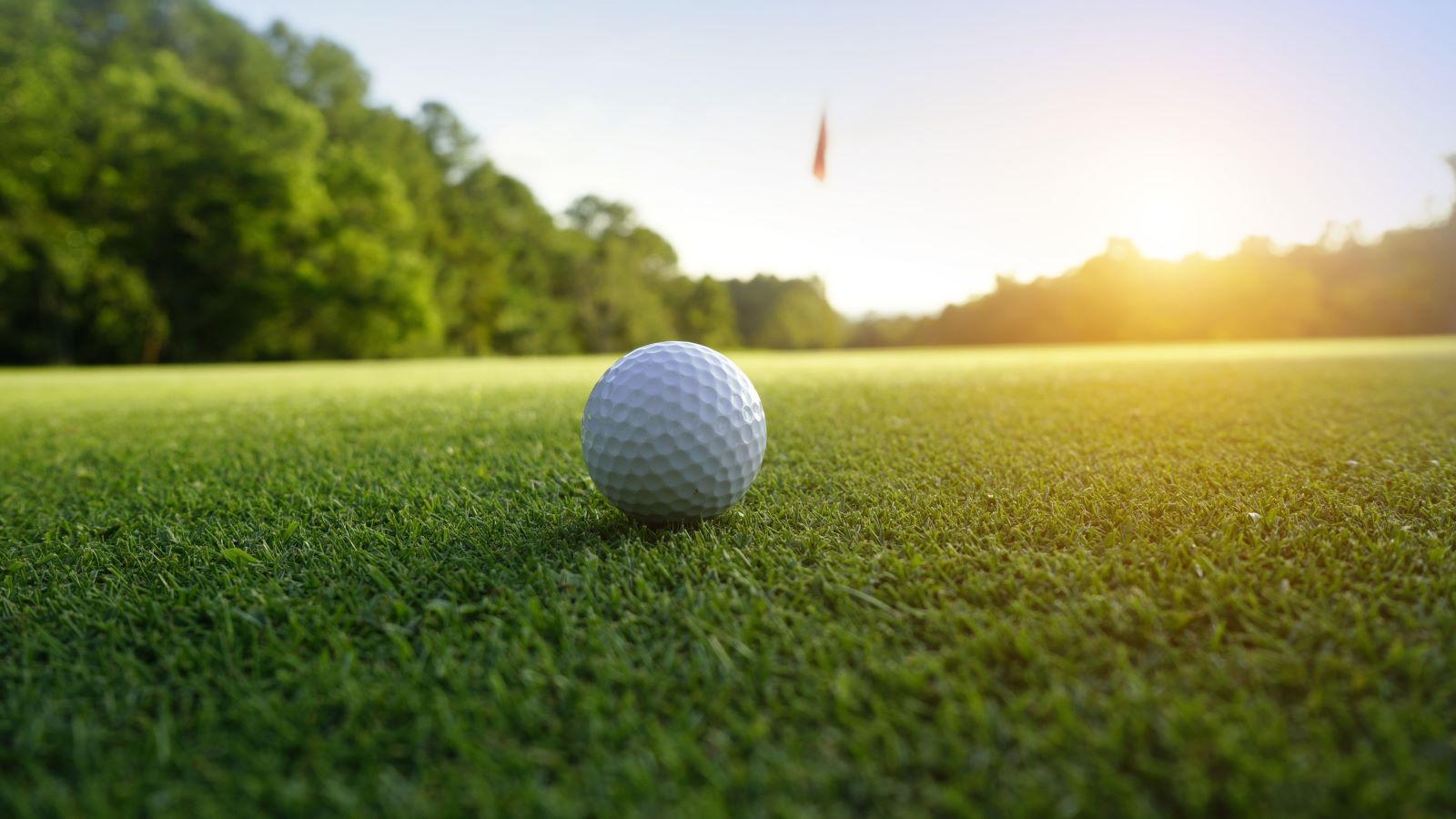Golf season is in full swing, but hip injuries can keep you from scoring your best.
We asked Sarah Baribeau, DPT, a physical therapist at the Hartford HealthCare Bone & Joint Institute and Titleist Performance Institute’s certified provider, to explain common hip injuries from golf and how to get some relief.
Your form could be hurting your hip.
According to Baribeau, it all starts with good form.
“The hip is designed to be a very mobile joint. For any golfer, hip rotation is incredibly important,” says Baribeau.
You’ll start to run into issues if you don’t know how to do it properly.
“If a golfer has limited hip mobility, they will get their motion from somewhere else, usually the lower back,” adds Baribeau. “This can lead to injuries over time.”
Here are 4 common injuries to look out for.
If hip pain is affecting your golf swing, it could be one of these culprits:
- Trochanteric bursitis: You may experience pinpoint pain on the outside part of the hip.
- Femoroacetabular impingement (FAI): You might have pain with bringing your knee up toward and across your body. This pain can be either along the groin and/or wrap around to the outside of the hip.
- Labral tear: If FAI progresses, it can lead to a tear in the lining of the hip joint, which can cause additional discomfort and sometimes audible painful clicking/popping.
- Soft tissue injuries: You may experience pain in the buttocks from repetitive stress to the muscles.
> Related: 2 Exercises for Hip Pain You Can Do at Home
Should you push through the pain?
We know you want back on the fairway, but listen to your body.
“While hip pain won’t typically put golfers on the sidelines, compensating for hip pain puts more demand on the spine and can keep you off the course even longer,” cautions Baribeau.
If you experience any of these hip symptoms, skip the golf and consult your doctor:
- Symptoms keep worsening and make it hard to swing or walk normally.
- Painful clicking or popping.
- Loss of sensation down the leg.
- The sensation that the hip is not stable.
Here’s how to get back (and stay) on the green.
“Your body requires warming up, no matter the temperature outside,” says Baribeau. “If the joints are stiff from lack of warm-up and stretching, the body will attempt to force the movement or get it from nearby joints, which can cause injuries.”
Recovery is just as important, but often neglected. If you play several weekly rounds, eat nutritious foods, hydrate and get plenty of sleep.
“Golf can be a lifelong sport. Don’t let pain change your swing and lead to more debilitating injuries that take longer to heal,” says Baribeau. “If you need guidance, look to medical professionals, coaches and fitness instructors to help you with your A-game.”


